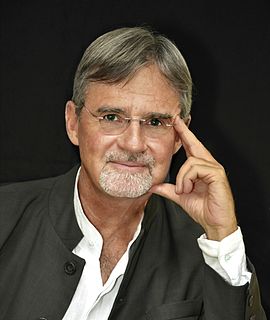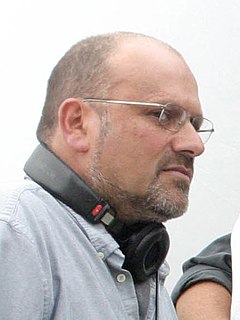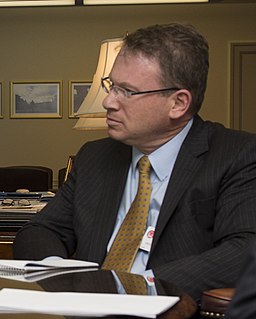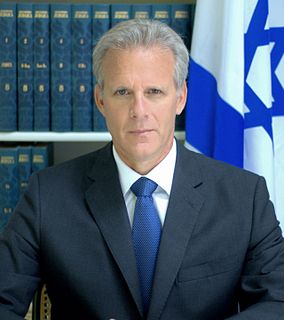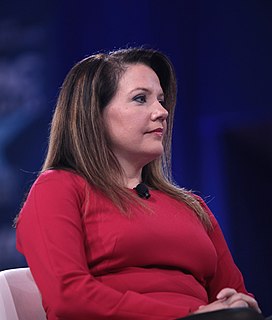A Quote by Kai Bird
Although I went to college in the United States - Carleton in Northfield, Minnesota - I returned to the Middle East for a year in 1970-71 to study at the American University of Beirut.
Related Quotes
I don't believe in the theory that the United States is reducing its presence in the Middle East. Quite the contrary, in the Gulf, we see an increase in American military presence, as well as an increase in American investments. The argument is more accurate when one says America is focusing more attention to the Far East. But I don't believe it comes at the expense of the Middle East.
It was important for me to show that Beirut and Lebanon were once the pearl of the Middle East. Beirut was once called the Paris of the Middle East and to have that feeling of a destroyed place that once was beautiful and glamorous and visually impressive was important. I think it's even sadder to get the feeling that this country, and indeed the whole Middle East, could have been a major force in the world if people would get together and forget about destruction, death and wars. But unfortunately, it's not happening yet.
I believe that the Iraqis have an opportunity now, without Saddam Hussein there, to build the first multiconfessional Arab democracy in the Middle East. And that will make for a different kind of Middle East. And these things take time. History has a long arc, not a short one. And there are going to be ups and downs, and it is going to take patience by the United States and by Iraq's neighbors to help the Iraqis to do that. But if they succeed, it'll transform the Middle East, and that's worth doing.
We have to remember examples of many artists of conscious rap who have been coopted by the Department of State of the United States to be cultural ambassadors in different parts of the world, like Syria, like other parts of the Middle East, including conscious Islamic-American rappers that are representing an international political agenda for the United States through cultures more affable for people of color in other parts of the world.
I went to the University of Minnesota to study art. I left the university to come to New York and live in Soho. I got involved with like a small kind of like experimental theater-mime company and we discovered that Étienne Decroux, a great mime, was still teaching in Paris so I went to study with him for several years.
I believe the number is 70% of the world's refugees since World War II have been taken in by the United States. Every year, year in, year out, the United States admits more legal immigrants than the rest of the world combined. The United States has granted amnesty before to three million illegals and appears prepared to do it again.
